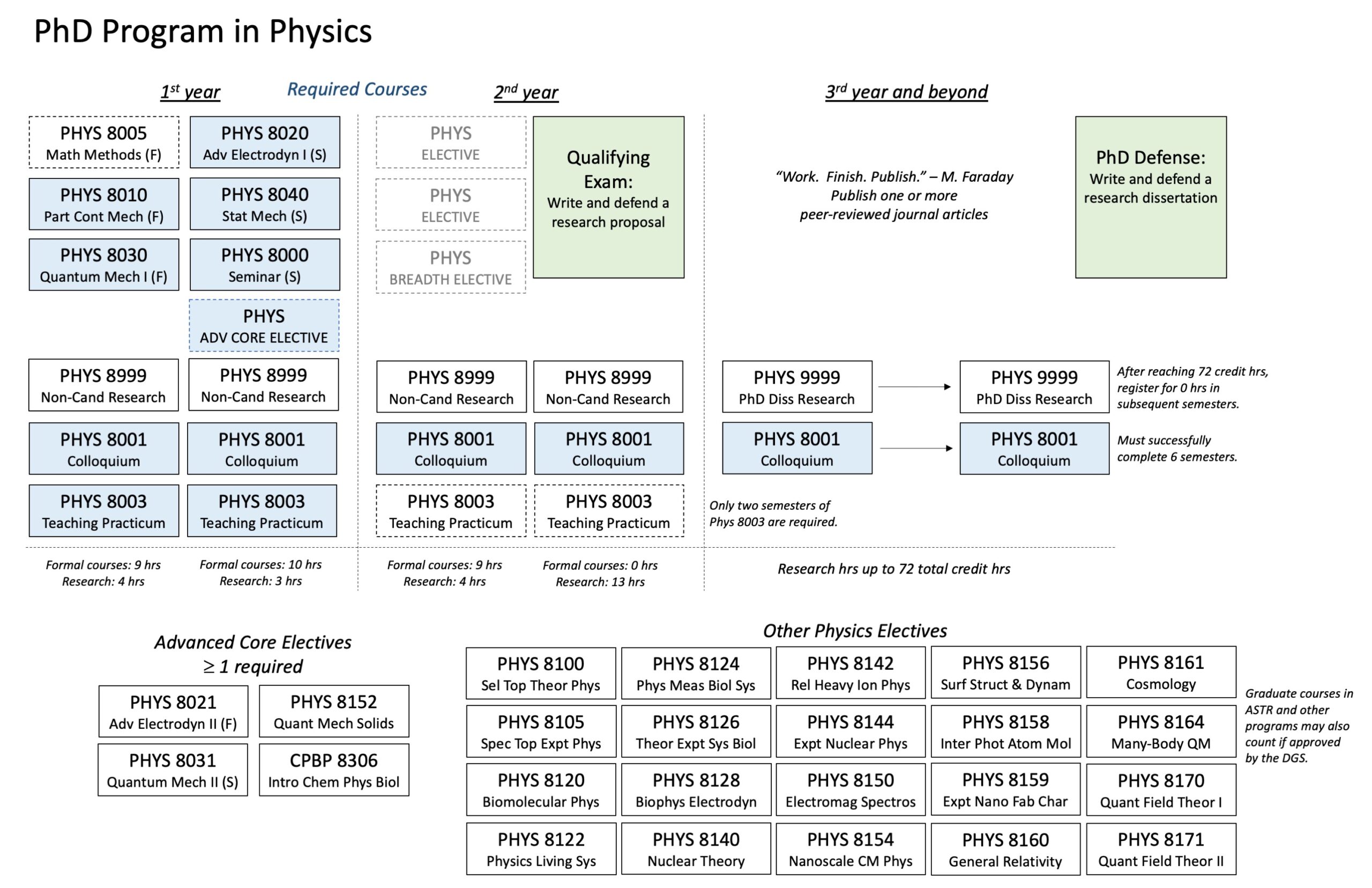Choosing between a Ph.D. in Physics and an MBA represents a pivotal decision that could significantly influence one’s academic trajectory and career path. While both disciplines offer unique advantages and challenges, the underlying motivations for pursuing either can unveil a profound fascination with knowledge—one rooted in the laws of the universe and the other in the intricacies of human enterprise.
At first glance, the two paths appear vastly different. A Ph.D. in Physics is primarily centered on understanding the fundamental principles that govern the natural world. It entails rigorous research, experimental design, and theoretical contemplation. Physics is often perceived as the realm of abstract equations and complex concepts, but it fundamentally influences various domains such as technology, medicine, and environmental science.
On the other hand, an MBA is an exploration of business administration with a focus on leadership, management, and strategic thinking. This degree equips individuals with the analytical skills and knowledge necessary to navigate corporate landscapes. The allure of an MBA lies in its practical applications and its potential for financial rewards combined with opportunities for entrepreneurship or corporate leadership.
The decision between a Ph.D. in Physics and an MBA can hinge on one’s intrinsic interests and career aspirations. For those with a deep-seated fascination for the universe—the laws that govern motion, energy, and matter—a Ph.D. becomes not merely an academic pursuit but a lifelong endeavor. It may be a thirst for discovery or a desire to contribute to the body of scientific knowledge that propels individuals toward experimental physics or astrophysics. Here, the joy of delving into the minutiae of subatomic particles or celestial phenomena transcends financial considerations.
Conversely, the pragmatic allure of an MBA can be irresistible for individuals seeking immediate career advancement or leadership roles in the corporate sphere. The potential to develop acumen in finance, marketing, or operations management can be particularly appealing. Furthermore, the business world often celebrates innovation and economic growth, which can invigorate one’s career with dynamism and rapid advancement.
However, these considerations lead to an essential question: Is a love for knowledge intrinsic to pursuing a Ph.D. in Physics, and does one’s ambition drive the pursuit of an MBA? Undoubtedly, the motivations are multidimensional. In the case of a Ph.D., the commitment to research often cultivates a sense of intellectual curiosity. Graduates frequently find themselves in academia or research institutions, engaging with complex problems that probe the very fabric of reality. Such endeavors demand resilience, critical thinking, and an insatiable appetite for inquiry.
On the contrary, pursuing an MBA is frequently characterized by aspiration—an impetus to implement innovative ideas or lead a team toward shared goals. Individuals drawn to business may find satisfaction in creating solutions that have immediate, tangible impacts on society or in driving economic growth through entrepreneurship. The curriculum, which often includes case studies and group projects, shapes an ethos of collaboration and strategic planning essential for executive roles.
Another dimension to consider is the interplay of physics and business in the modern landscape. The technological advancements driven by scientific research have led to the emergence of industries that blur the lines between engineering and business. Physicists equipped with an MBA are increasingly valuable in sectors such as technology start-ups or data analysis, where understanding both the science and the marketplace is crucial for success. Consequently, individuals who find equilibrium between passion and pragmatism are often the most successful in carving out unique niches in the competitive job market.
Moreover, potential financial pathways further complicate this dichotomy. A Ph.D. in Physics may not offer the same immediate financial rewards as an MBA. However, leaving aside the disparity in salaries, the long-term benefits of a Ph.D. should not be dismissed. Ph.D. holders can command high salaries in specialized roles or academic positions, contributing to advancements in technology and science that yield profound societal benefits. Alternatively, individuals with an MBA often graduate to lucrative roles in corporations, but they too may encounter ceilings in their career advancement that could limit their fulfilment.
Deciding between these academic pursuits also entails consideration of personal fulfillment and happiness. Ultimately, success can manifest in myriad ways—through fulfilling work, contributions to society, or the attainment of personal knowledge. Individuals need to introspect and delineate what resonates most profoundly with them. Whether it is the enticements of the cosmos or the allure of corporate strategy, the path chosen should align with one’s values and aspirations.
In conclusion, the choice between a Ph.D. in Physics and an MBA is not merely a testament to differing interests. It reflects an individual’s core aspirations, motivations, and inclinations regarding how they wish to interact with the world—whether through the lens of scientific inquiry or the dynamism of business. As such, this decision is intrinsic not only to career outcomes but also to personal development, intellectual satisfaction, and ultimately, a deeper understanding of one’s purpose within the intricate tapestry of life.












